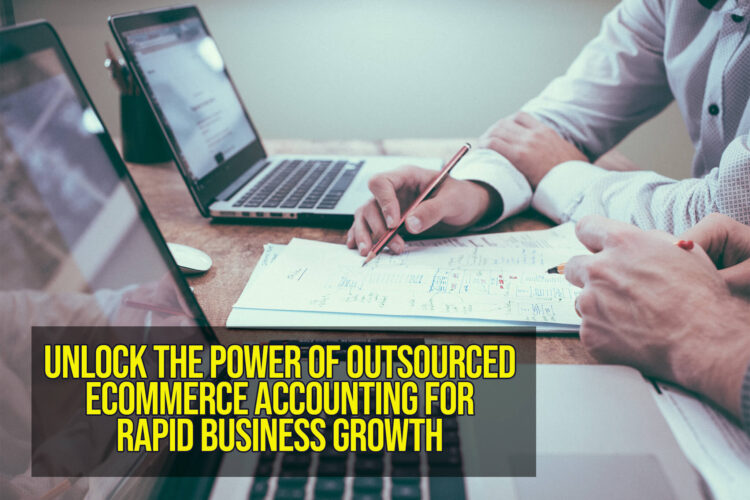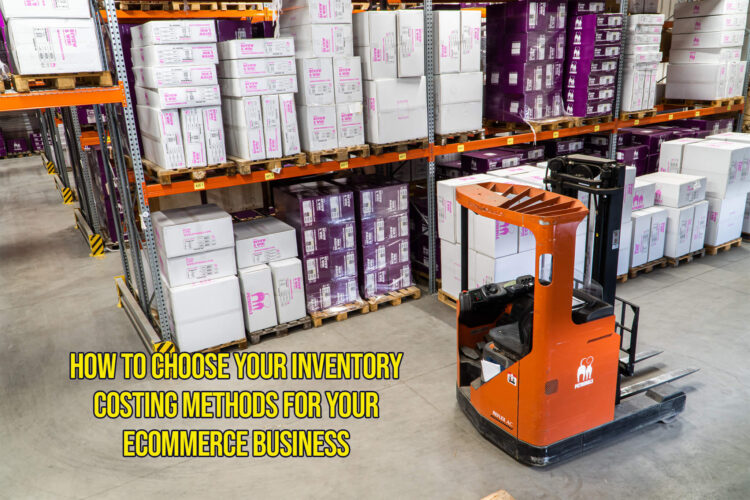
The accounting complexities experienced by e-commerce sellers can be overwhelming. With all the transactions happening, you want to make sure you are getting paid the right amount and you wouldn’t want to overlook your payment of taxes and fees so you can continue running your business smoothly.
You need to be aware of the following information to help you with proper accounting when you sell with Amazon or Shopify.
What You Need to Know if You’re Selling on Amazon
The funds arriving in your bank account might cover sales less the amounts for refunds, disputes, or chargebacks. You may also find all sorts of fees bundled into your account.
Amazon charges fees for almost everything. You pay a monthly hosting fee of about $39/month. They also charge long-term and short-term storage fees and other various fees. Altogether, you’ll pay roughly 15% of your revenue in fees using their platform, excluding any costs associated with using them for fulfillment. If you are also using them for the fulfillment, that number increases to be closer to 25% of your total revenue. If you want to stand out and be found among hundreds of competing products, you will also need to spend additional funds on purchasing their sponsored advertising.
Amazon considers your customers, as well as the information about them, theirs alone. You’ll have to pay Amazon more money if you want to appear in front of them and be able to market to your customers directly.
Amazon uses its own proprietary payment processor and they hold on to your money for quite a long time. Most sellers receive their payments every two weeks.
Since June 2018, Amazon FBA has had the unique problem of shipping sellers’ inventory to more than 40 states. This automatically creates physical sales tax nexus for the seller. As a result, sellers are required to register, collect, remit, and file sales tax in some or all of those jurisdictions.
What You Need to Know if You’re Selling on Shopify
Using the Shopify platform, you pay a low hosting fee of $39/month. With that, you’ll get an online store to start-up and begin to sell with. That merchant account fee will be around 3% of your total revenue. Compared to Amazon you get the 12% difference in margin directly back to your business using Shopify.
Shopify Plus, which charges $1,000+ /month, allows a more customized solution for established sellers who have grown and are selling more. It adds more functionality for high volume sellers including more robust sales tax collection functionality.
Shopify integrates with many different payment processors such as Shopify Payments, PayPal, Authorize.net, etc. It’s advisable to have at least two payment processors just in case! Occasionally some payment processors will hold funds for long periods of time if their system suspects something is wrong.
You can curate your brand and customer experience using Shopify but fulfill with Amazon (with the associated fees).
Information on Sales Tax
In the US, sales taxes are governed at the state level. You can end up dealing with different sales laws across multiple states. Since you are responsible for collecting sales tax in each jurisdiction you need to charge your customers the correct amount. You are then required to remit the taxes you collected to each jurisdiction. When collecting sales tax:
- Your sales have tax nexus in the same state as your customer.
- You’ll always have sales tax nexus in your home state.
In Canada, the two types of sales taxes are Provincial sales taxes (PST), levied by the provinces, and Goods and Services Tax (GST)/Harmonized Sales Tax (HST), a value-added tax levied by the federal government. GST is applied nationally. HST includes the provincial portion of the sales tax in some provinces and is administered by the Canada Revenue Agency (CRA). Except for Alberta, every province has implemented either a PST or the HST. The federal GST rate is 5 percent.
Conclusion:
Managing an eCommerce business takes a lot of time and effort, but with the right tools and support, it can be a very profitable venture. If you’re looking for a tool that will help you manage your accounting needs as your business grows, eCommerce Accountant is your best choice. With our automated accounting system, online sellers of all sizes can easily manage their business



